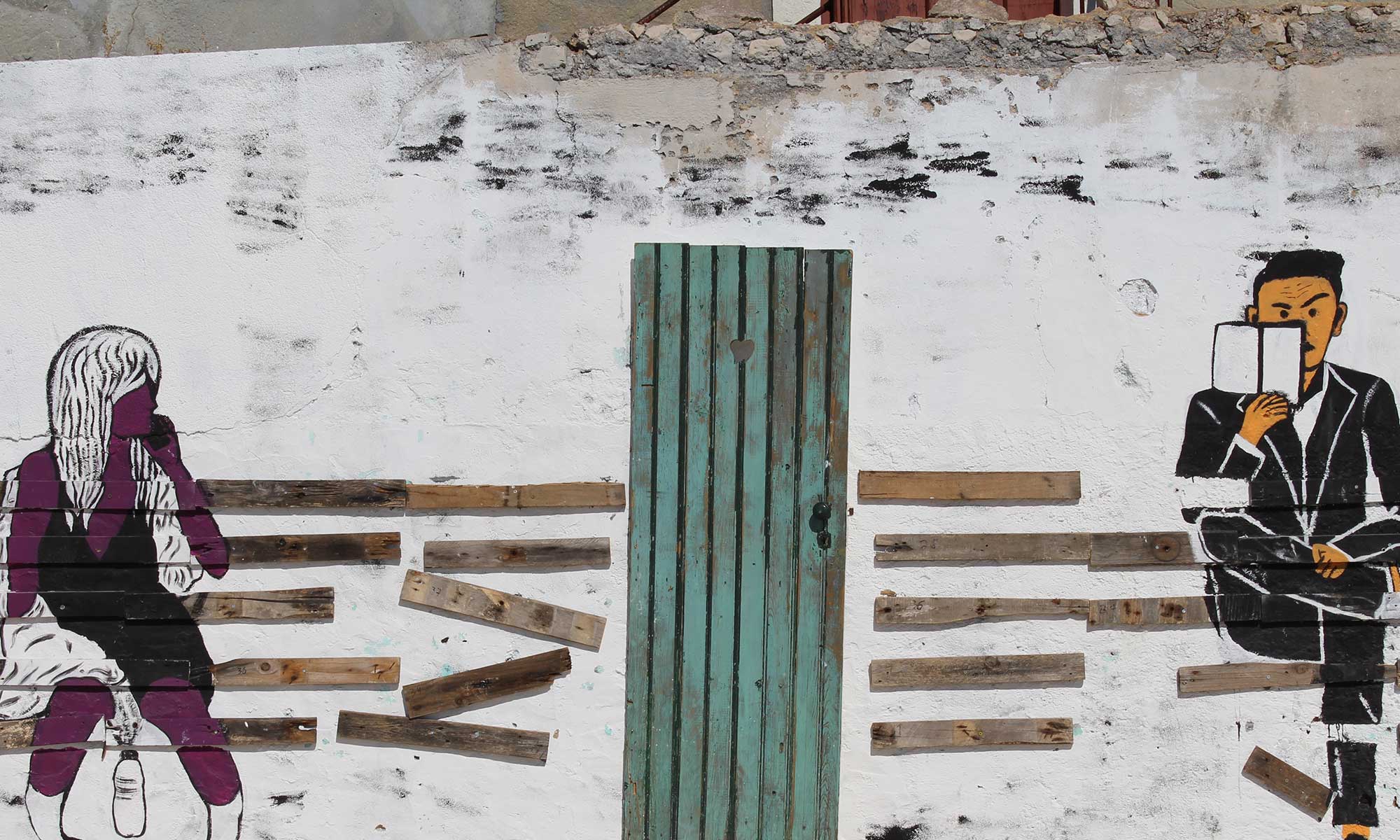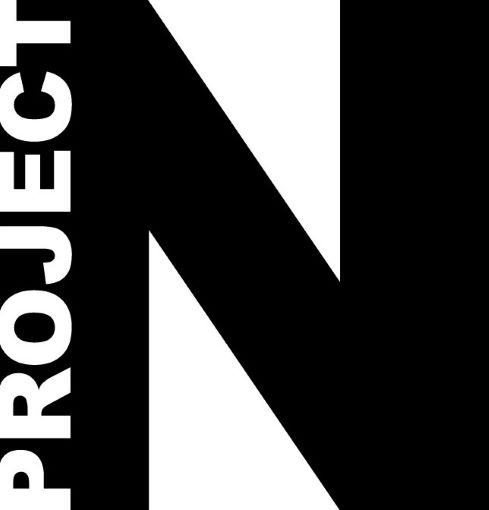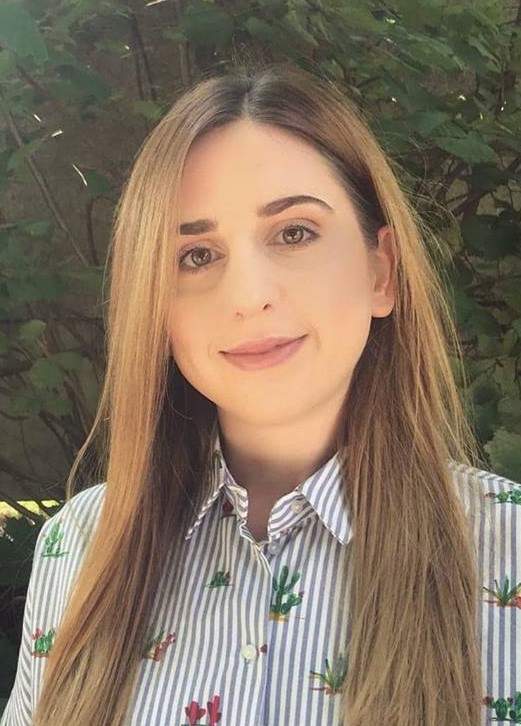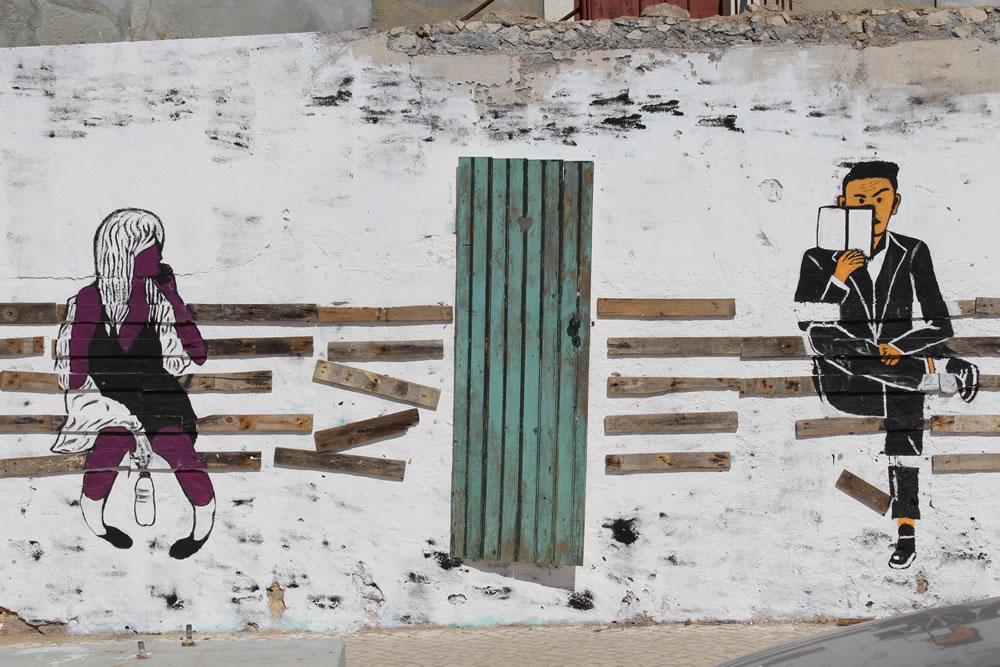Our PhD researchers Mario Grill and Marijana Mikić have been accepted to participate in the 2021 Project Narrative Summer Institute to be held online from June 21 to July 2. PNSI is a two-week workshop at Ohio State University that offers faculty and advanced graduate students in any discipline the opportunity for an intensive study of core concepts and issues in narrative theory. The focus of the 2021 Institute, co-directed by Robyn Warhol and James Phelan, will be on “Narrative Theory and Social Justice.” This intersectional approach to narrative is of central interest to Mario and Marijana‘s work on the Narrative Encounters Project and their dissertation projects: Mario‘s dissertation, entitled “Transgressing Borders: Chicanx Literatures, Emotion, Time, and Cognitive Ethnic Narratology“ and Marijana’s dissertation, entitled “Black Storyworlds: Race, Space, and Emotion in Contemporary African American Literature.” The PNSI will offer Mario and Marijana a wonderful opportunity to discuss their individual engagements with the relationship between narrative theory and socio-cultural context in a productive intellectual community.
Marijana Mikić receives grant from AAU’s Young-Scientists-Mentoring Program
Within the framework of the one-year grant, PhD researcher Marijana Mikić will work closely with her mentors Derek Maus and James Donahue at the State University of New York at Potsdam.
Professor Maus is an expert in contemporary African American literature, in particular in the field of black satire. His recent publications on the topic inlcude Conversations with Colson Whitehead (2019) and Jesting in Earnest: Percival Everett and Menippean Satire (2019). Professor Donahue is one of the pioneers in the field of critical race narratology, as is evidenced by his recent Contemporary Native Fiction: Toward a Narrative Poetics of Survivance (2019) and the volume Narrative, Race, and Ethnicity in the United States (2017), which he co-edited with Jennifer Ho and Shaun Morgan. Maus and Donahue’s interdisciplinary research at the intersection of narrative theory and ethnic American literature is of central interest to Marijana’s work on the Narrative Encounters Project and her dissertation, entitled “Black Storyworlds: Race, Space, and Emotion in Contemporary African American Literature.”
Marijana’s plans during the one-year mentoring program include a research visit at SUNY Potsdam next spring and a visit from her mentors here in Klagenfurt in September 2021. We are excited about these wonderful opportunities and congratulations Marijana!
CFP for International Conference “Narrative Encounters with Ethnic American Literatures”
Conveners: Alexa Weik von Mossner, Marijana Mikić, and Mario Grill
Location: University of Klagenfurt, Austria
Date: September 17-19, 2020
Taking a cue from pioneering efforts at the intersection of context-oriented approaches in race and ethnicity studies and post-classical narratology, this conference is interested in the relationship between narrative, race, and ethnicity in the United States.
Reading so-called “ethnic” American literatures means encountering characters and storyworlds imagined by writers associated with various minority communities in the United States. Without doubt, the formal study of narrative can help us gain a deeper understanding of such encounters, but until recently, narratologists rarely grappled with the question of how issues of race and ethnicity force us to rethink the formal study of narrative.
Attesting that the relative “race/ethnicity-blindness” of narrative theory is a severe limitation, scholars such as James Donahue have called for a “critical race narratology” (2017, 3) that addresses this lacuna. A range of recent book publications (e.g. Aldama 2005; Donahue 2019; Donahue, Ho, and Morgan 2017; Fetta 2018; Gonzáles 2017; Kim 2013; Moya 2016; Wyatt and George 2020) demonstrate that a variety of insights can be gained from narratological approaches that open themselves up to issues of race and ethnicity in conjunction with other important identity markers including class, religion, gender, and sexuality. And, as Sue Kim has noted, there are shared interests in understanding the ways in which such narratives “operate within larger social structures as well as an investment in the scrutiny of how minds and subjectivity work in and through narratives” (2017, 16).
How do ethnic American literary texts use narrative form to engage readers in issues related to race and ethnicity? What narrative strategies do they employ to interweave these issues with other important identity markers such as class, religion, gender, and sexuality? How do they involve readers emotionally in their storyworlds and how do they relate such involvements to the racial politics and history of the United States? And how does paying attention to the strategies and formal features of ethnic American literatures change our understanding of narrative theory? These are some of the questions we hope to address at this conference.
Confirmed keynote speakers:
Frederick Luis Aldama, Distinguished University Professor, Ohio State University
Patrick Colm Hogan, Board of Trustees Distinguished Professor, University of Connecticut
Paula Moya, Danily C. and Laura Louise Bell Professor of the Humanities, Stanford University
We invite paper proposals on topics including, but not limited to the following:
- Theoretical intersections of race/ethnicity and narrative theory
- Narrative worldmaking and ethnic American storyworlds in fiction and nonfiction
- Narrative strategies of representing racial and ethnic histories
- Intersectional narratologies
- Narrative identification and disidentification
- Performativity and ethnic identity
- Cognitive approaches to ethnic American literatures
- Narrative engagement, simulation, embodiment, and emotion
- Affective reader response and the empathic imagination
- Unnatural narratives and non-normative narrators
- Narrative ethics, race, and the environmental imagination
- Empirical reception studies related to ethnic American literatures
The conference is supported by the Austrian Science Fund (FWF) in the context of the Narrative Encounters Project.
There are plans to publish an edited collection related to the conference theme; selected papers will be considered for inclusion.
Abstracts (300-400 words) for 20-minute papers (in English) and a short bio note should be submitted by email no later than Jan 31, 2020 to: narrative.encounters@aau.at



